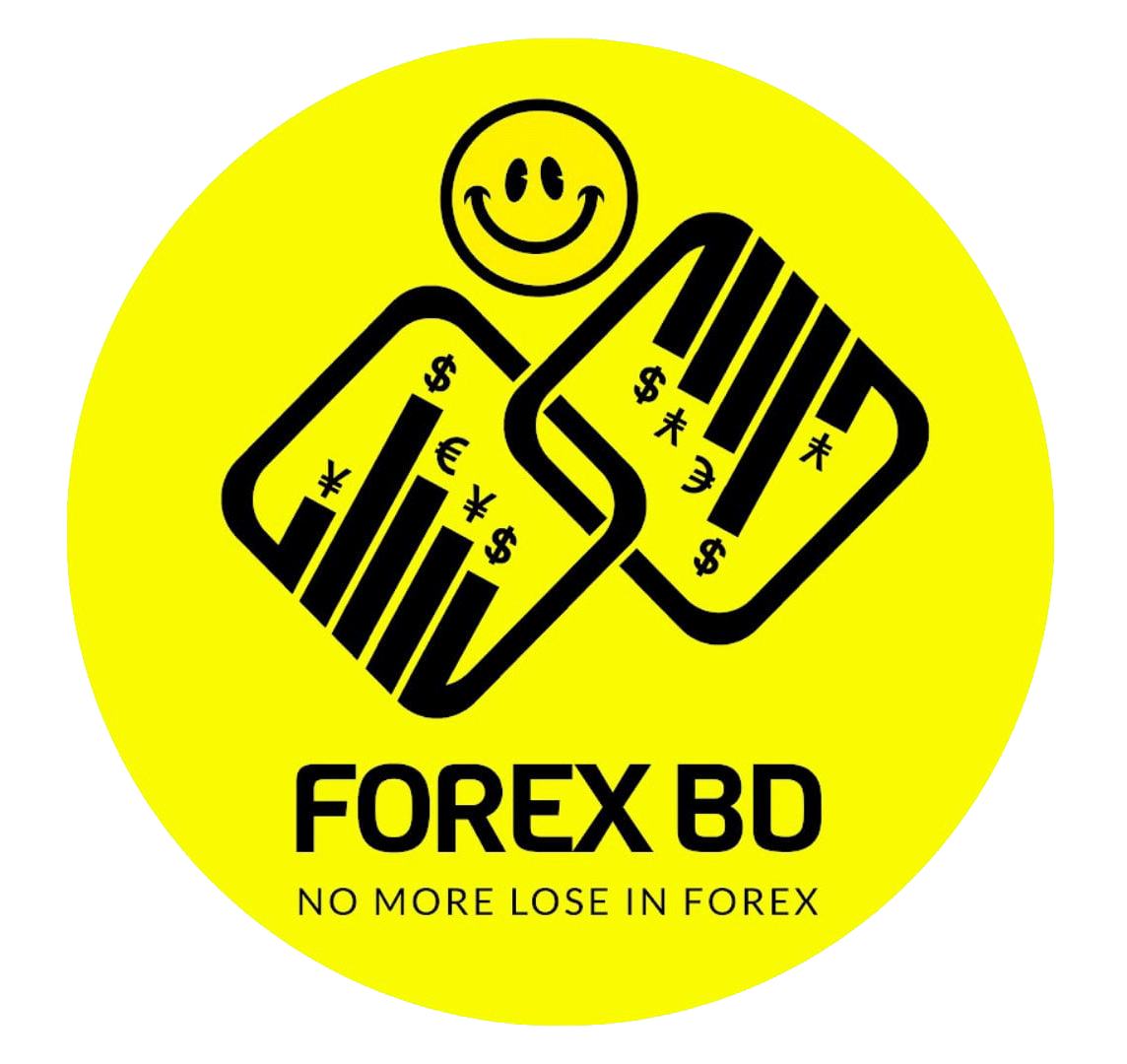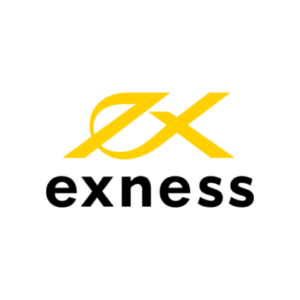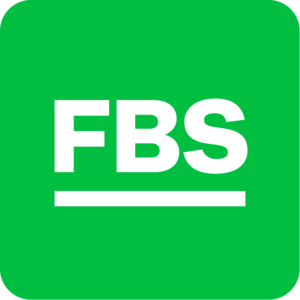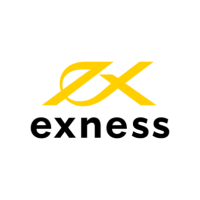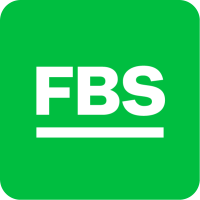Forex trading, also known as foreign exchange trading, is the buying and selling of currencies in order to profit from the fluctuation in their exchange rates. The forex market is the largest financial market in the world, with a daily turnover of over $6 trillion.
Forex trading involves exchanging one currency for another at an agreed price, with the aim of profiting from the difference in exchange rates between the two currencies. Traders can speculate on the direction of currency prices and make trades accordingly. For example, a trader might buy the US dollar and sell the euro if they believe that the dollar will appreciate in value relative to the euro.
Forex trading can be conducted through a variety of platforms, including online brokers and trading apps. It is important to note that forex trading carries a high degree of risk and should only be undertaken by those with a solid understanding of the market and its complexities.
Forex trading involves a wide range of market participants, including large financial institutions, multinational corporations, governments, and individual traders. These participants engage in forex trading for a variety of reasons, including hedging against currency risks, conducting international business transactions, and speculating on currency price movements for profit.
Forex trading takes place in a decentralized market, which means that trades are conducted over-the-counter (OTC) rather than through a centralized exchange. This allows for 24-hour trading, five days a week, as the market is open in different time zones around the world.
In forex trading, currency pairs are used to represent the exchange rate between two currencies. The first currency in the pair is known as the base currency, while the second currency is known as the quote currency. For example, in the EUR/USD pair, the euro is the base currency and the US dollar is the quote currency.
Forex traders use a variety of tools and strategies to analyze market trends and make trading decisions. Technical analysis involves using charts and indicators to identify patterns and trends in price movements, while fundamental analysis focuses on economic and geopolitical factors that can influence currency prices.
Forex trading can offer the potential for high returns, but it also carries a high level of risk. Traders can use leverage to increase the size of their trades, which can amplify both profits and losses. It is important for traders to have a solid understanding of the market and to use risk management strategies to minimize potential losses.
Forex Trading Advantage
Forex trading offers a number of advantages for traders who are looking to participate in the global financial markets. Some of these advantages include:
High liquidity: The forex market is the largest financial market in the world, with a daily turnover of over $6 trillion. This means that there is a high level of liquidity in the market, which makes it easier for traders to enter and exit trades quickly and at the best possible prices.
24-hour trading: The forex market is open 24 hours a day, five days a week. This allows traders to participate in the market at any time, regardless of their location. This flexibility is particularly useful for traders who have other commitments during regular market hours.
Low transaction costs: Forex trading typically involves lower transaction costs than other financial markets, such as stocks or futures. This is because the forex market is decentralized and does not have a centralized exchange. As a result, there are no exchange fees, commissions, or other hidden costs associated with forex trading.
High leverage: Forex trading allows traders to use leverage to increase the size of their trades. This means that traders can control larger positions with a smaller amount of capital. While this can amplify both profits and losses, it can be a useful tool for traders who want to take on larger positions than they would be able to with their own capital.
Diverse opportunities: Forex trading offers a wide range of trading opportunities, with a variety of currency pairs to choose from. Traders can also use a variety of trading strategies, such as technical analysis, fundamental analysis, or a combination of the two.
Overall, forex trading offers a range of advantages for traders who are looking to participate in the global financial markets. However, it is important to remember that forex trading carries a high level of risk and traders should always use appropriate risk management strategies.
ECN Forex Brokers
ECN Forex Brokers What is ECN Brokers Forex? ECN Brokers automatically match trading orders to sell or buy via ECN or Electronic Communication Network which is
Disadvantage of Forex Trading<<
Forex trading also comes with several disadvantages that traders should be aware of before entering the market. Some of these disadvantages include:
High risk: Forex trading carries a high level of risk, and traders can potentially lose more than their initial investment. This is because traders use leverage to control larger positions, which can amplify both profits and losses.
Volatility: The forex market is highly volatile, with prices constantly fluctuating in response to a variety of economic and geopolitical factors. This can make it difficult for traders to predict price movements and can lead to sudden, unexpected losses.
Complexity: Forex trading can be complex, particularly for new traders who are not familiar with the market. Traders must have a solid understanding of economic and geopolitical factors that can impact currency prices, as well as technical analysis and trading strategies.
Scams and frauds: The forex market is largely unregulated, which makes it vulnerable to scams and fraudulent practices. Traders should be cautious when selecting a broker or trading platform and should always do their due diligence before investing any funds.
Emotional trading: Forex trading can be emotionally challenging, particularly for traders who are not able to control their emotions. Fear, greed, and other emotions can cloud a trader’s judgment and lead to poor decision-making.
Overall, forex trading can be a rewarding but challenging endeavor. Traders should carefully consider the risks and disadvantages associated with forex trading before entering the market, and should always use appropriate risk management strategies.
here are some additional disadvantages of forex trading:
Market manipulation: Due to the large size and decentralized nature of the forex market, it is vulnerable to market manipulation by large players such as central banks, hedge funds, and other financial institutions. This can lead to sudden and unexpected price movements that can negatively impact traders.
Dependence on technology: Forex trading is heavily reliant on technology, including trading platforms, internet connections, and computer hardware. Technical issues such as system failures, internet outages, or power disruptions can result in significant losses for traders.
Limited regulation: The forex market is largely unregulated, which can lead to a lack of transparency and accountability among brokers and other market participants. This can make it difficult for traders to identify potential scams or fraudulent practices.
Overtrading: Forex trading can be addictive, and some traders may engage in overtrading in an attempt to chase profits. This can lead to excessive risk-taking and can result in significant losses.
Language barriers: The forex market is global, with participants from all over the world. However, not all traders may be fluent in English, which can make it difficult to communicate effectively with other traders or brokers.
It’s important to note that while forex trading does come with several disadvantages, these can be managed with proper education, risk management strategies, and due diligence when selecting a broker or trading platform. Traders should always do their research and carefully consider the risks and rewards of forex trading before entering the market.
Name
Details
Rating
Leverage: 1:30 | 1:500
Regulation: CySEC, FCA, DFSA, FSCA, FSA.
Min. Deposit: 5 US$
Min. Withdraw : 5 US$
HQ: Sydney, Australia
Platforms: MT4, MT5, ctrader, web trading
Found in: January 30, 2007
Deposit Methods: Bank Wire (BankTransfer), VISA, MasterCard, Neteller, Skrill, WM, PM, Crypto
Leverage: 1:120 | 1:500
Regulation: SVGFSA #151 IBC, CySEC, DFSA.
Min. Deposit: 10 US$
Min. Withdraw : 10 US$
HQ: James Street. Kingstown, Saint Vincent And Grenadines
Platforms: MT4, cTrader, web trading
EAs/Robots: ✅ Yes | News Trading: ✅ Yes | Scalping: ✅ Yes
Cryptocurrencies: 20+) Bitcoin, Litecoin, Ethereum
Deposit Methods: Local Deposit, Bank Wire (BankTransfer), VISA, MasterCard, Neteller, Skrill, Crypto. USDT
Regulation: CySEC, FCA, DFSA, FSCA, FSA, CMA
Founded: 2008
Founders: Petr Valov, Igor Lychagov
Year Founded : 2008
Deposit Methods: VISA, MasterCard, Neteller, Skrill, WM, PM, Crypto (MORE)
Year Founded : 2010
Cryptocurrencies: (5+) Bitcoin, Litecoin, Ethereum
Deposit Methods: Local Deposit, Bank Wire (BankTransfer), VISA, MasterCard, Neteller, Skrill, WM, PM, Crypto, USDT (MORE)
Year Founded : 2010
Cryptocurrencies:
 Yes
YesDeposit Methods: Local Deposit, Bank Wire (BankTransfer), VISA, MasterCard, Neteller, Skrill, WM, PM, Crypto, USDT
Year Founded : 2009
Cryptocurrencies:



Deposit Methods: Local Deposit, Bank Wire (BankTransfer), VISA, MasterCard, Neteller, Skrill, WM, PM, Crypto, USDT
Year Founded : 2009
Cryptocurrencies:



Deposit Methods: Bank Wire (BankTransfer/SWIFT), VISA, MasterCard, Alipay, Bitcoin, Bitcoin Cash, Boleto, Ether/Ethereum, Litecoin, Local Bank Deposits, M-Pesa, Mobile Money, Monero, PerfectMoney, Ripple, WebMoney
Year Founded : 2009
Cryptocurrencies:



Deposit Methods: Bank Wire (BankTransfer/SWIFT), VISA, MasterCard, Alipay, Bitcoin, Bitcoin Cash, Boleto, Ether/Ethereum, Litecoin, Local Bank Deposits, Mobile Money, PerfectMoney, WebMoney, USDT
Year Founded : 2011
Cryptocurrencies: (25+) Bitcoin, Litecoin, Ethereum
Deposit Methods: Bank Deposit, VISA, awepay, Bitcoin, FasaPay, Local Bank Deposits, Local Bank Transfers, Neteller, paytm, Skrill, UnionPay, USDT
Forex trading is a popular financial activity that involves buying and selling currencies to profit from the fluctuations in exchange rates. As with any financial activity, it is essential to choose a reputable and regulated broker to ensure the safety of your funds and a fair trading environment. In this article, we will discuss some of the top regulated forex broker houses.
Online forex trading payment methods refer to the various payment options available for forex traders to deposit or withdraw funds from their trading accounts. In the world of forex trading, payment methods play a vital role in facilitating smooth transactions, and it is important to choose a secure and reliable payment method that suits your needs.
Like, Share & Subscribe to Our Official Sites
Contact with Us :
Copyright © 2023 Forex BD |
📞 for fast contact 👉 or 📬 business inquiries:
( Only Whats App)
Risk Warning: Trading on financial markets carries risks. Contracts for Difference (‘CFDs’) are complex financial products that are traded on margin. Trading CFDs carries a high level of risk since leverage can work both to your advantage and disadvantage. As a result, CFDs may not be suitable for all investors because you may lose all your invested capital. You should not risk more than you are prepared to lose. Before deciding to trade, you need to ensure that you understand the risks involved and take into account your investment objectives and level of experience. Forexbd.ltd is not encouraging anyone to do forex/stock trading, as there are investments and financial risks involved. ForexBD channel or videos are educational and informative. Before deciding to invest in the forex market, you should carefully consider your investment objectives, level of experience, and risk appetite.
